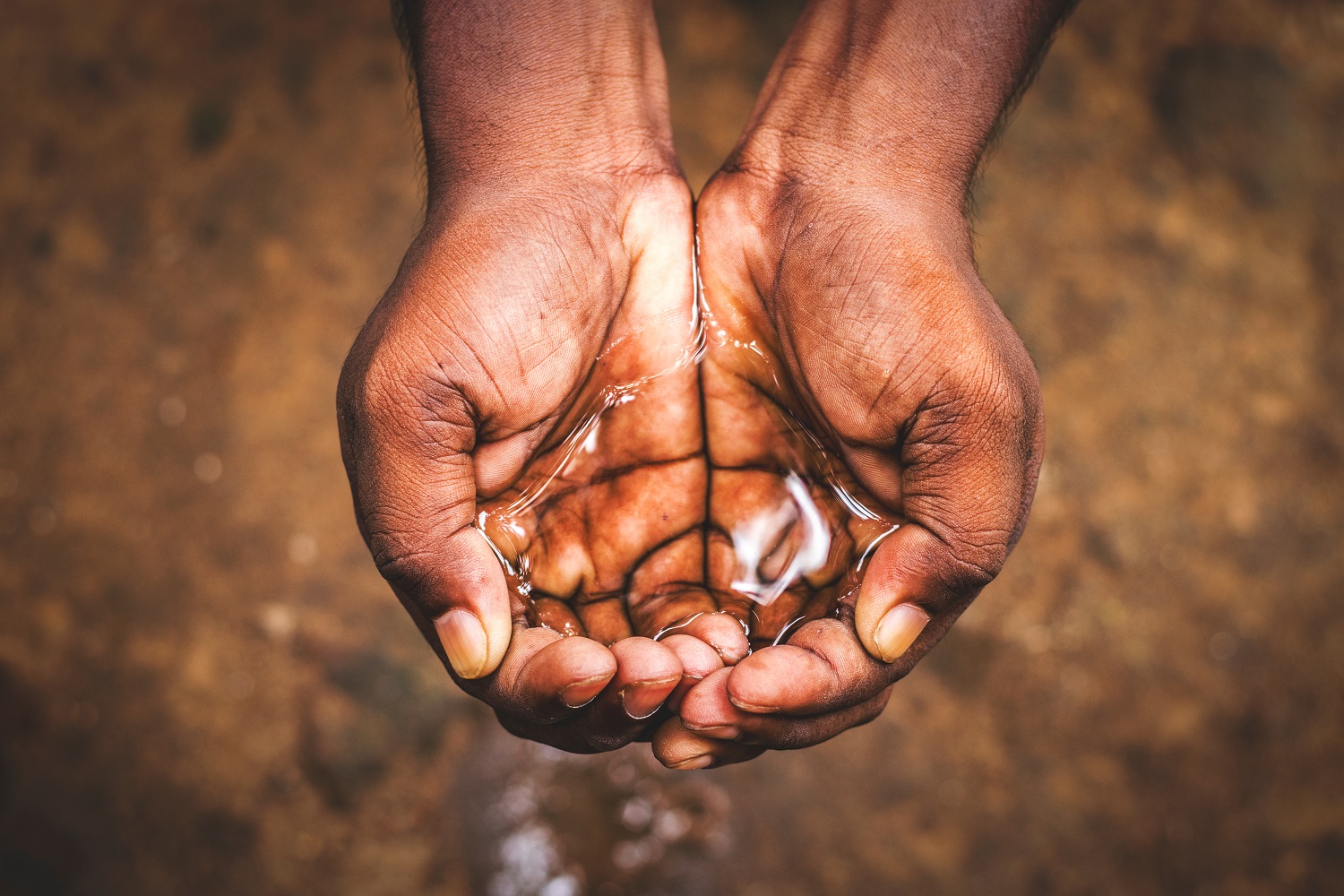World Water Day is celebrated on 22nd March and this year highlights the need to accelerate change to solve the water and sanitation crisis. The United Nations observes World Water Day every year and aims to raise awareness and inspire action. Bronwyn Ragavan from water sterilization product Milton says, “Each and every one of us is affected by the need for water and therefore it is the responsibility of every individual to do their part.”
In honour of World Water Day, I was sent products by Milton and Orgonico to help Save Water!
Across our country millions of people do not have daily access to safe water and sanitation. “This is not only a problem in South Africa but across the globe. A basic human right that is just not being given,” says Ragavan. In 2015 the world committed to Sustainable Development Goal (SDG) 6 – the promise that everyone would have safely managed water and sanitation by 2030, sadly the world is not on track to meet this goal.
Ragavan says that The World Health Organisation (WHO) has some frightening stats regarding water and sanitation around the globe:
• 1.4 million people die every year and 74 million will have their lives shortened by disease relating to poor water, sanitation and hygiene.
• 1 in 4 people around the world lack safe drinking water.
• 3.6 billion people, that is almost half of the global population, lack safe sanitation.
• 44% of the global population’s household wastewater is not safely treated – meaning that nearly half of wastewater coming out of households (from toilets, sinks, drains and gutters) flows back into nature without the harmful content being removed.
How can we as individuals make a difference? By examining and changing the way we use, consume and manage the water we use every day. The UN provides a list of actions that each and every one of us can commit to this World Water Day and thereby will play an integral role in helping to solve the water and sanitation crisis:
• Save water: Take shorter showers and don’t let the tap run when brushing teeth, doing dishes and preparing food. Using a product such as Organico can limit the amount of time you flush your toilet and waste clean. Organico when sprinkled into your toilet after use, uses microorganisms and enzymes to break down faecal waste. This allows human waste to degrade naturally without affecting nearby drinking water, keeping the community safe. There is no need to flush after every use.
• Eat local: Buy local, seasonal food and look for products made with less water.
• Break taboos: Talk about the critical connection between toilets, water and menstruation.
• Be curious: Find out where your water comes from and how it is shared, and visit a treatment plant to see how waste is managed.
• Make it equal: Share water fetching between women and men, girls and boys.
• Protect nature: Plant a tree or create a raingarden – use natural solutions to reduce the risk of flooding and store water.
• Flush safe: Fix leaking water and waste pipes, empty full septic tanks and report dumping of sludge. Contaminated water can affect the purity of nearby water. If you are uncertain about your drinking water, use Milton to purify it before drinking. One Milton tablet can provide you with 10L of sterilised water, while 4ml of Milton fluid can provide you with 1L of sterilised water.
• Build pressure: Write to elected representatives about budgets for improving water at home and abroad.
• Stop polluting: Don’t put food waste, oils, medicines and chemicals down toilets or drains.
• Clean up: Take part in clean-ups of local rivers, lakes, wetlands or beaches.
From the 22nd – 24th March the UN 2023 Water Conference will take place, the first of its kind for nearly 50 years. Individual commitments will be added to the commitments from governments, organisations, institutions and coalitions to the Water Action Agenda.
Article provided



























